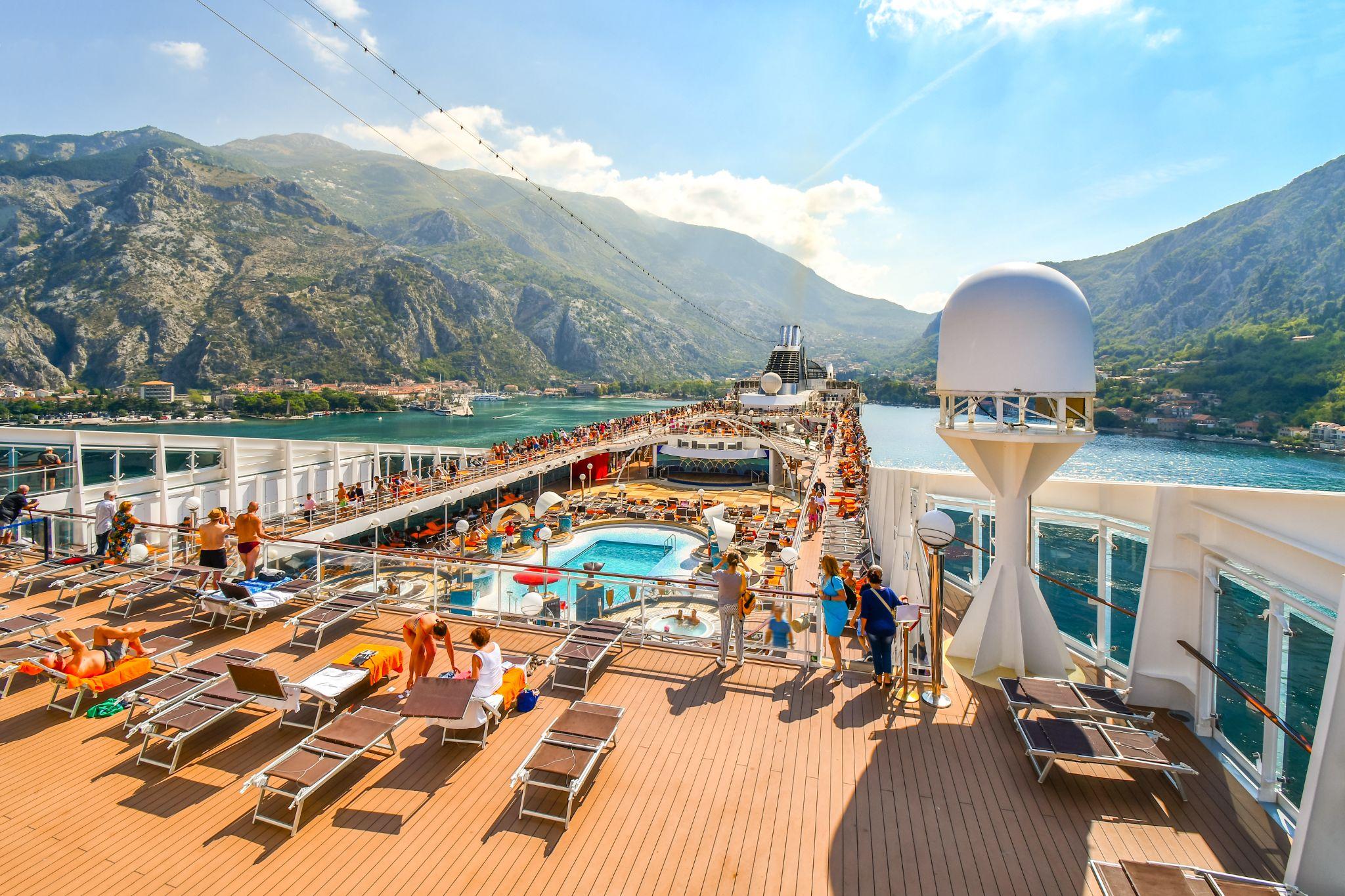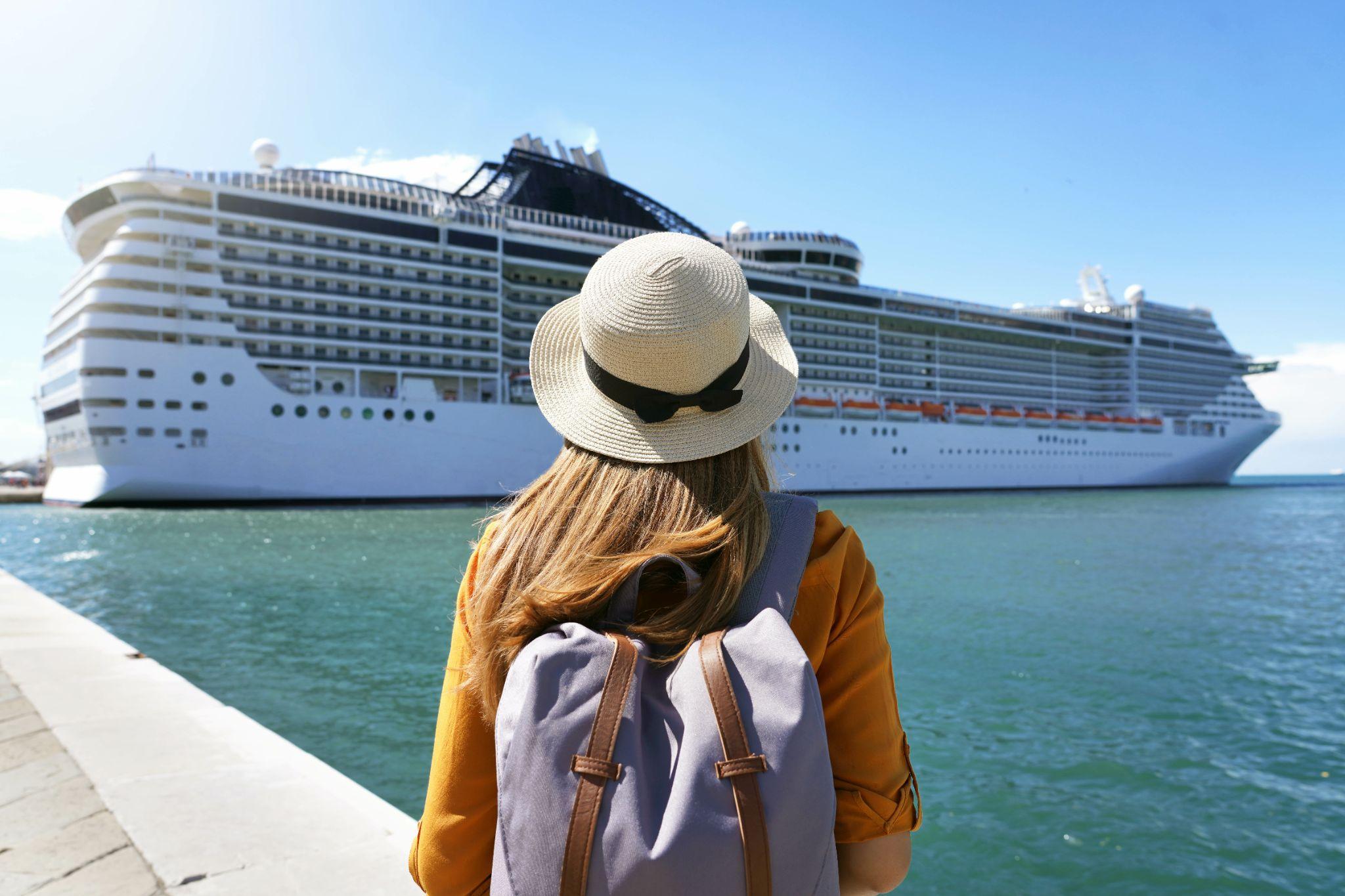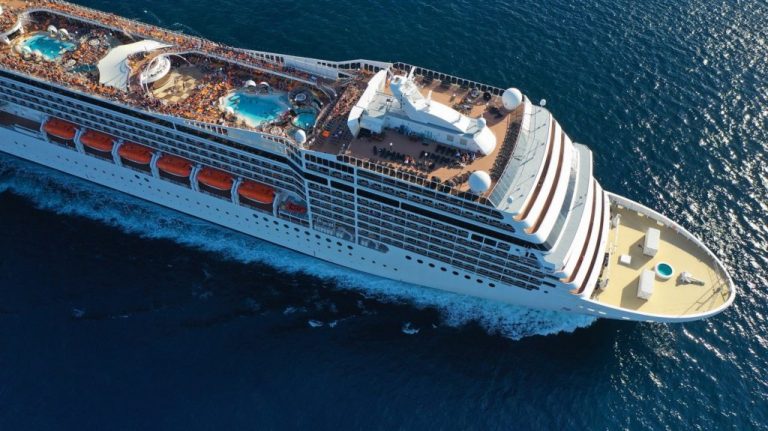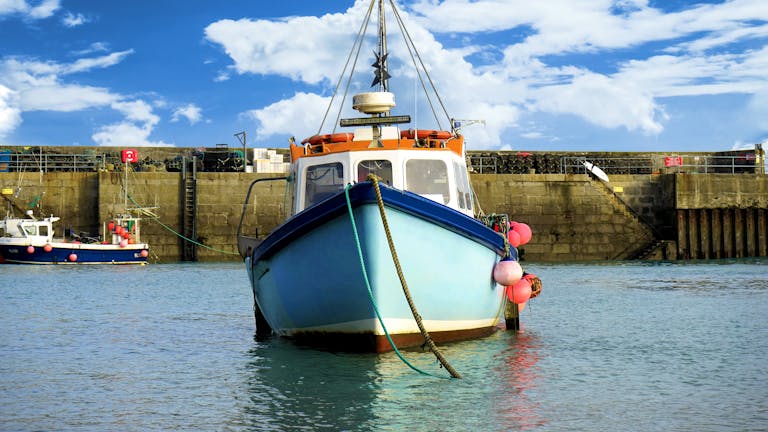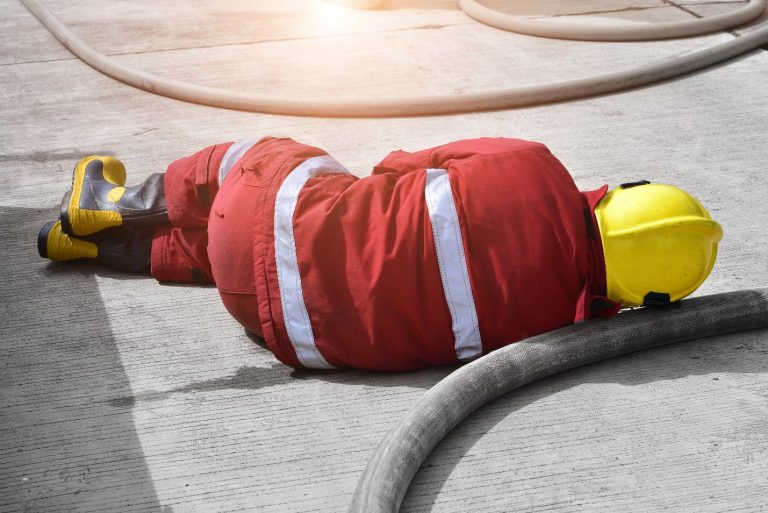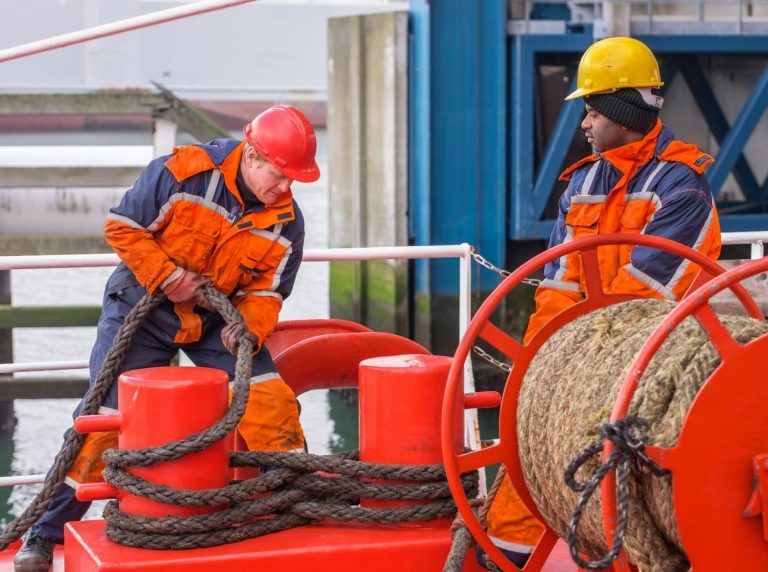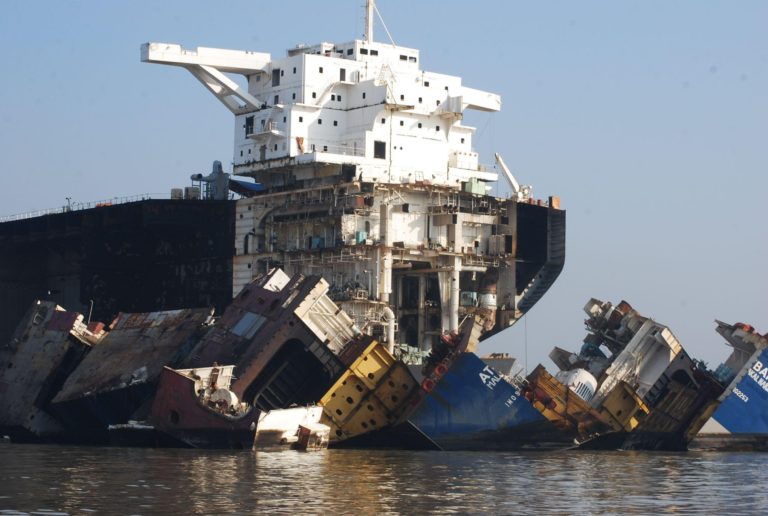Millions of people embark on cruise vacations every year—in 2023 alone that number was nearly 32 million, according to the Cruise Lines International Association (CLIA).1 Passengers expect to enjoy luxurious accommodations, exciting destinations, and a wide array of activities. And while these trips are meant to be relaxing and enjoyable, it’s important to stay vigilant and take precautions to ensure your safety. Cruise ships, though generally safe, are not without risks.
How Safe Is a Cruise Ship?
If you catch enough headlines in the news, you might be wondering, are cruise ships safe? The answer is generally yes, but with some caveats. Modern cruise ships are equipped with advanced technology and stringent safety measures to protect passengers.
One key piece of legislation ensuring cruise ship safety is the Cruise Vessel Security and Safety Act (CVSSA), passed in 2010.2 This act mandates a variety of safety measures, including the installation of peepholes in cabin doors, automatic door locks, and improved rail heights to protect passengers from falls. Additionally, it requires cruise lines to maintain accessible medical facilities and ensure prompt medical care is available on board.
A critical aspect of the CVSSA is its requirement for cruise lines to report certain crimes that occur on their vessels. These include serious offenses such as sexual assault, physical assault, theft exceeding $10,000, homicides, and other major crimes. These incidents must be reported to both the FBI and the U.S. Coast Guard, ensuring accountability and enabling thorough investigations.
This transparency requirement aims to address past concerns about underreporting of crimes on cruise ships. The law also obligates cruise lines to provide victims with access to necessary information, such as the location of law enforcement authorities and support services. These regulations have significantly improved cruise line safety, making ships safer and more accountable environments for passengers.
Cruise Ship Tips to Stay Safe and Prevent Injuries
Cruise lines work to implement safety measures for passengers, but staying informed and taking proactive steps can help reduce risks and ensure a more enjoyable trip. Below are practical travel tips for cruise ships, tailored to address common injuries and hazards:
Stay Alert to Slip and Fall Hazards
Slippery decks, uneven flooring, broken railings, or wet pool areas can lead to falls—one of the most common cruise ship injuries. Wear shoes with good traction, use handrails when available, and notify crew members if you notice unsafe conditions, such as broken stairs or railings.
Be Mindful of Food Safety
While cruise ships are expected to maintain high standards of food preparation and storage, food poisoning can occur. Opt for freshly prepared meals and steer clear of foods that appear undercooked or improperly stored. Report any illness to the onboard medical staff promptly.
Practice Good Hygiene
Cruise ships, with their enclosed spaces and shared facilities, can facilitate the spread of illnesses like Legionnaires’ Disease, norovirus, or other infections. Wash your hands frequently, use hand sanitizer, and avoid touching communal surfaces when possible.
Inspect Pool and Recreation Areas
Pools and hot tubs can be potential hazards if not properly maintained. Look for posted safety information, avoid overcrowded areas, and supervise children closely. If you notice loose ladders, slippery surfaces, or malfunctioning equipment, report these issues immediately.
Be Cautious Around Equipment and Structures
Malfunctioning elevators, escalators, or improperly secured objects can lead to injuries. Use handrails, avoid overcrowding elevators, and stay aware of your surroundings, particularly in areas where heavy equipment or furniture is in use.
Protect Yourself from Insects and Pests
Exposure to bedbugs, insects, or rodents is possible. Keep your cabin clean and inspect bedding and furniture for signs of pests. Notify the crew immediately if you encounter any issues.
Be Prepared for Emergencies
Incidents such as fires, collisions, or being adrift can occur. Attend the safety drill, familiarize yourself with evacuation routes, and keep essential items (like medications) easily accessible. Listen carefully to crew instructions during emergencies.
Stay Vigilant During Ship-Sponsored Activities
Excursions and onboard activities, while enjoyable, carry risks. Follow all safety guidelines, use appropriate gear, and avoid activities that feel unsafe or poorly supervised.
Monitor Interactions and Report Concerns
While most passengers and crew create a positive environment, assaults or crimes can happen. Stay in well-lit areas, travel in groups, and report any concerning behavior to ship security immediately.
Ensure Access to Medical Care
If you experience an injury or illness, consult the ship’s medical team. However, be aware that onboard medical facilities may have limitations. Document all treatment received and seek follow-up care upon returning home if needed.
What to Do if You’ve Been Injured on a Cruise Ship
If the unexpected happens and you suffer an injury while on a cruise, you may have rights to compensation. Cruise lines have a legal obligation to ensure the ship safety of their passengers. When an injury occurs due to negligence—such as unsafe conditions, inadequate medical care, or failure to enforce safety protocols—the cruise line may be held accountable.
Here are the steps to take if you’ve been injured on a cruise ship:
- Report the Incident Immediately. Notify the ship’s medical team and document your injury. Ensure the incident is recorded in the ship’s log.
- Gather Evidence. Take photographs of the scene and your injuries, collect witness contact information, and retain any related documents, such as medical reports or excursion waivers.
- Consult a Cruise Ship Injury Lawyer. Navigating a legal claim involving maritime law can be complex. An experienced attorney specializing in cruise ship injuries can help you understand your rights and determine whether you’re entitled to compensation.
A knowledgeable lawyer can also guide you through the process of filing a claim, which often has strict deadlines. For example, many cruise lines require claims to be filed within six months of the incident.
Seek Experienced Legal Help for Cruise Ship Injuries
While cruises are generally safe and enjoyable, accidents can happen. If you’ve returned from a cruise to face medical issues, lost wages, or the pain and suffering that comes with losing a loved one, a free consultation with a trusted cruise ship injury lawyer can help you get the compensation you deserve.
At Schechter, Shaffer, and Harris, our experienced maritime lawyers understand the complexities of cruise ship injury cases and can offer the advice you need when navigating the intricacies of international or maritime law. With offices in Florida and other major cruise line ports, we have a proven track record of success in cases involving cruise ship injuries worldwide.
Contact us today to schedule a free consultation and find out if your accident or illness at sea qualifies for financial compensation. Your safety and peace of mind are our top priorities.
Sources:

